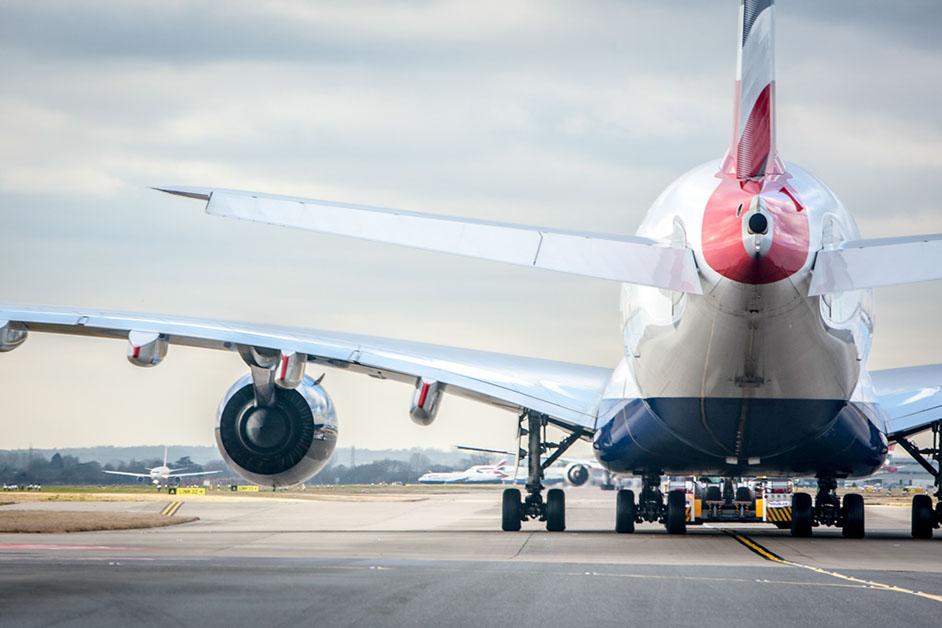
Credit: London Heathrow Airport
A coalition of UK airlines, airports and industry has unveiled interim decarbonization targets en route to meeting their commitment to net zero carbon by 2050. But the Sustainable Aviation coalition has cautioned that support from government policies and investments is required this decade or the UK...
Subscription Required
This content requires a subscription to one of the Aviation Week Intelligence Network (AWIN) bundles.
Schedule a demo today to find out how you can access this content and similar content related to your area of the global aviation industry.
Already an AWIN subscriber? Login
Did you know? Aviation Week has won top honors multiple times in the Jesse H. Neal National Business Journalism Awards, the business-to-business media equivalent of the Pulitzer Prizes.

